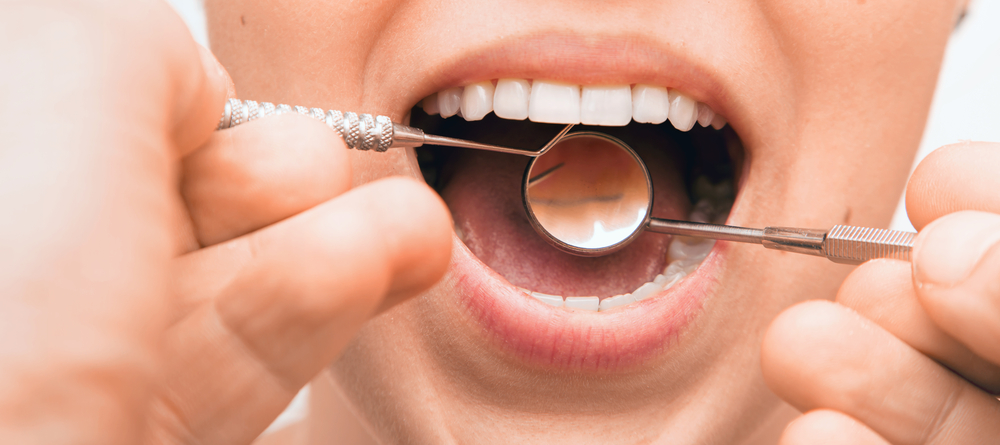SLE Patients May Develop Severe Periodontitis Due to Altered Oral Bacterial Composition
Written by |

People who have systemic lupus erythematosus (SLE) are more likely to suffer from periodontitis than those without the disease, a new study says.
The study, “Subgingival microbiota dysbiosis in systemic lupus erythematosus: association with periodontal status,” appeared in the journal Microbiome.
Periodontitis, an infectious disease that affects tissues supporting the teeth, is sparked by a change in normal mouth bacteria, triggering an inflammatory response from the immune system. Several chronic inflammatory conditions including SLE put patients at increased risk or severity of periodontal disease, but no studies have addressed the influence of this disease on oral bacterial composition.
To address this question, the research team enrolled 52 SLE patients and 52 healthy individuals, which were divided according to whether or not they had periodontitis. Scientists determined the presence of oral microbes by taking DNA samples from below the gum margin in all 104 patients.
The team found that periodontitis was more prevalent in SLE patients at younger age than in individuals from the control group.
Also, SLE patients with more severe forms of periodontitis had higher bacterial loads and lower microbial diversity in their mouths. The most frequently detected bacteria in these patients — even in parts of the gum not affected by periodontitis — were Fretibacterium, Prevotella nigrescens, and Selenomonas. Such patients had more inflammation, as indicated by increased levels of inflammatory agents IL-6, IL-17 and IL-33.
Together, these results support the idea that SLE patients have an altered oral microbe composition, with a shift towards a greater proportion of pathogenic bacteria, thus increasing the risk of periodontitis.
“SLE patients exhibit a higher prevalence of periodontal disease and increased periodontal disease severity. SLE patients had increased local inflammation and an altered [gum microbes], which may account, in part for the periodontal changes,” researchers wrote. “Periodontal inflammation was also associated with more severe SLE scores. The results point to the need to closely monitor the periodontal health of subjects with SLE and for periodontal treatment at early stages, including the removal of subgingival dental plaque.”




